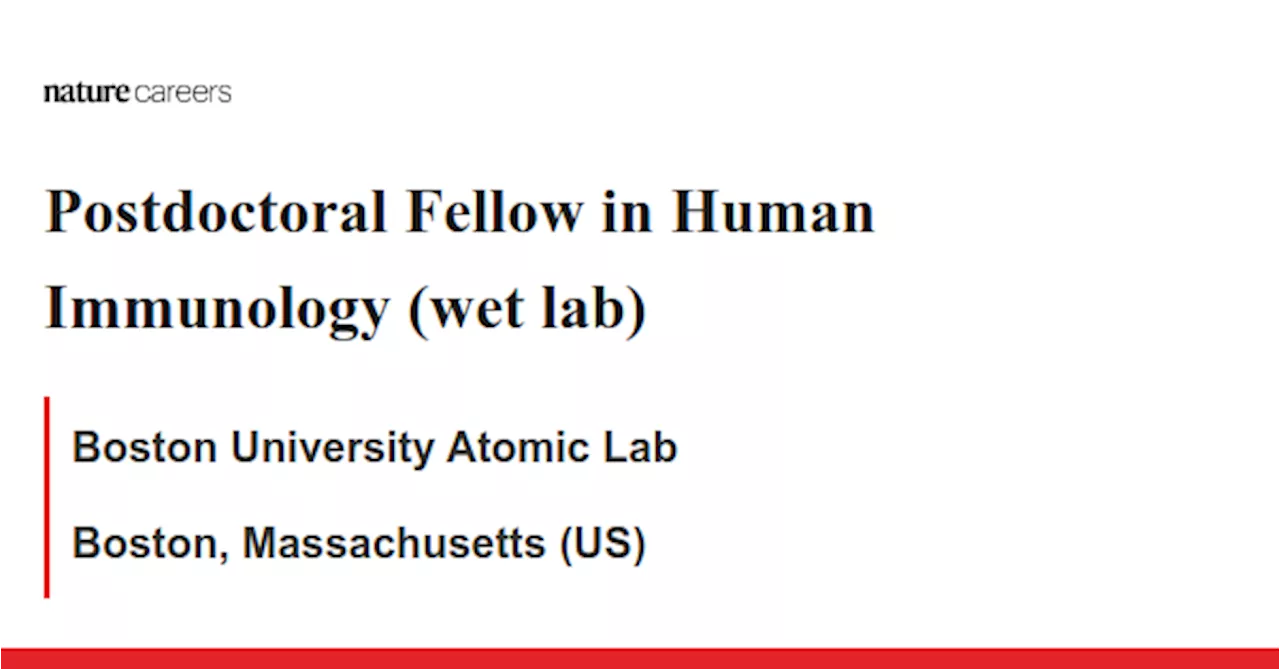Kamal Nahas is a freelance contributor based in Oxford, U.K. His work has appeared in New Scientist, Science and The Scientist, among other outlets, and he mainly covers research on evolution, health and technology. He holds a PhD in pathology from the University of Cambridge and a master's degree in immunology from the University of Oxford.
The human body does not age at a constant rate throughout adulthood — instead, it accelerates dramatically around ages 44 and 60, a new study finds.
Finding that biological aging accelerates at two points in midlife could help researchers understand why the risk of certain illnesses increases in fits and starts as chronological age rises. For example, approximately 6.5% of people ages 40 to 59 have coronary artery disease, but the prevalence rises sharply to 19.8% in people ages 60 to 79.For the study, researchers at Stanford University recruited 108 participants that were of diverse ethnic backgrounds and ranged from 25 to 75 years old.
By submitting your information you agree to the Terms & Conditions and Privacy Policy and are aged 16 or over.The body's pathway for making unsaturated fatty acids, which lower"bad" cholesterol, also waned at these two ages. Scientists don't yet know why body chemistry changes considerably at these ages, and the study didn’t account for the role lifestyle factors, such as diet or exercise, might play.
The study was limited in that the participants ranged from ages 25 to 75, so the researchers could not assess sizable shifts that occur at other key moments in life, such as during puberty or at very advanced ages. The small sample of 108 participants from California was another limitation because the group is unlikely to represent all humans globally.
Nigeria Latest News, Nigeria Headlines
Similar News:You can also read news stories similar to this one that we have collected from other news sources.
 Islamist Former Pakistani PM Imran Khan Runs for Chancellor of Oxford University from PrisonSource of breaking news and analysis, insightful commentary and original reporting, curated and written specifically for the new generation of independent and conservative thinkers.
Islamist Former Pakistani PM Imran Khan Runs for Chancellor of Oxford University from PrisonSource of breaking news and analysis, insightful commentary and original reporting, curated and written specifically for the new generation of independent and conservative thinkers.
Read more »
 Will Olympic athletes ever stop breaking records?Kamal Nahas is a freelance contributor based in Oxford, U.K. His work has appeared in New Scientist, Science and The Scientist, among other outlets, and he mainly covers research on evolution, health and technology. He holds a PhD in pathology from the University of Cambridge and a master's degree in immunology from the University of Oxford.
Will Olympic athletes ever stop breaking records?Kamal Nahas is a freelance contributor based in Oxford, U.K. His work has appeared in New Scientist, Science and The Scientist, among other outlets, and he mainly covers research on evolution, health and technology. He holds a PhD in pathology from the University of Cambridge and a master's degree in immunology from the University of Oxford.
Read more »
 Postdoctoral Fellow in Human Immunology (wet lab) - Boston, Massachusetts (US) job with Boston University Atomic LabAtomic Lab (https://atomic-lab.org/) at the National Emerging Infectious Diseases Laboratories, Boston seeks a Postdoctoral Fellow with expertise in human immunology in infectious diseases and vaccinations.
Postdoctoral Fellow in Human Immunology (wet lab) - Boston, Massachusetts (US) job with Boston University Atomic LabAtomic Lab (https://atomic-lab.org/) at the National Emerging Infectious Diseases Laboratories, Boston seeks a Postdoctoral Fellow with expertise in human immunology in infectious diseases and vaccinations.
Read more »
 University of Vermont president picked to lead the University of ArizonaTUCSON, Ariz. (AP) — Suresh Garimella, president of the University of Vermont since 2019, has been selected to serve as the new leader of the University
University of Vermont president picked to lead the University of ArizonaTUCSON, Ariz. (AP) — Suresh Garimella, president of the University of Vermont since 2019, has been selected to serve as the new leader of the University
Read more »
 University of Vermont president picked to lead the University of ArizonaSuresh Garimella, president of the University of Vermont since 2019, has been selected to serve as the new leader of the University of Arizona. The Arizona Board of Regents voted Friday to hire Garimella to replace Robert Robbins, president of the Tucson-based university for the last seven years.
University of Vermont president picked to lead the University of ArizonaSuresh Garimella, president of the University of Vermont since 2019, has been selected to serve as the new leader of the University of Arizona. The Arizona Board of Regents voted Friday to hire Garimella to replace Robert Robbins, president of the Tucson-based university for the last seven years.
Read more »
 Faculty Recruitment, Westlake University School of Medicine - Hangzhou, Zhejiang, China job with Westlake UniversityFounded in 2018, Westlake University is a new type of non-profit research-oriented university in Hangzhou, China, supported by public and private funding.
Faculty Recruitment, Westlake University School of Medicine - Hangzhou, Zhejiang, China job with Westlake UniversityFounded in 2018, Westlake University is a new type of non-profit research-oriented university in Hangzhou, China, supported by public and private funding.
Read more »
